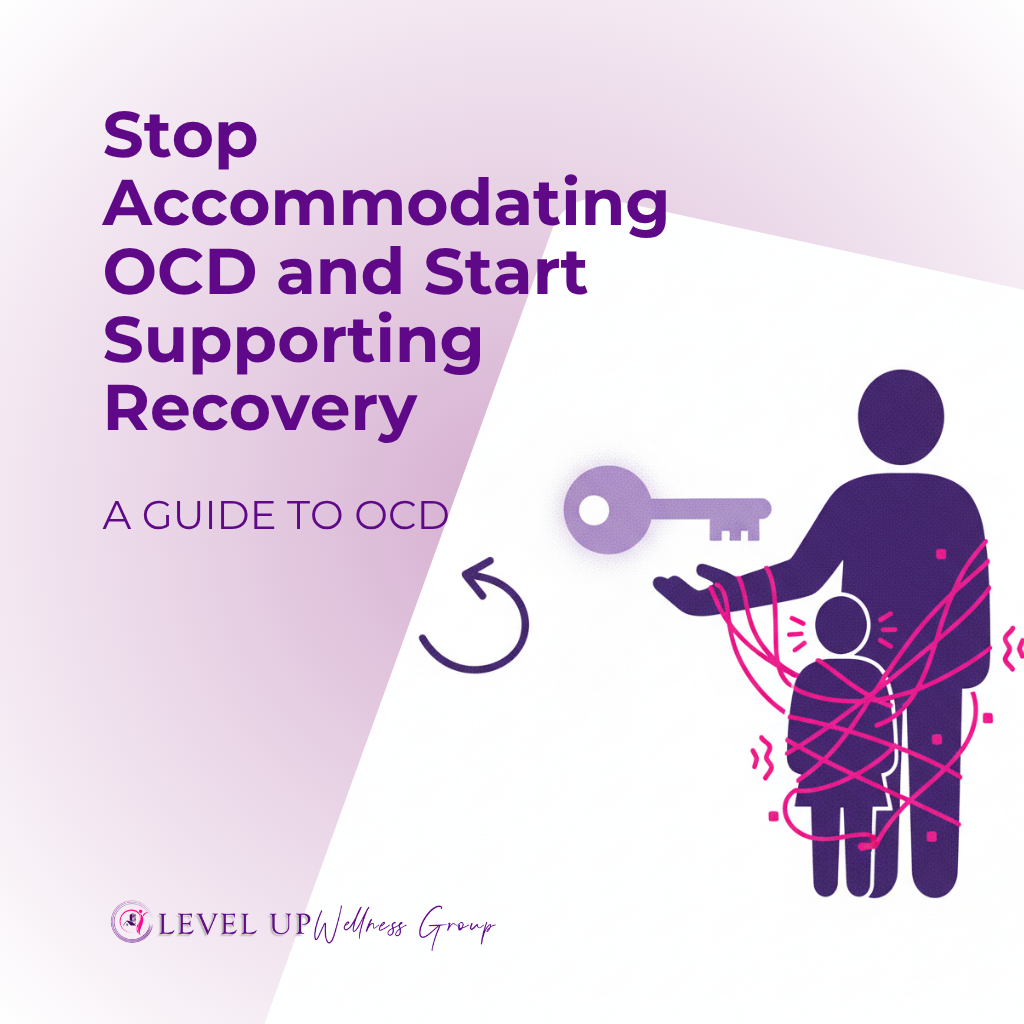
Psychological boundaries play a crucial role in maintaining healthy relationships and promoting well-being (reference 1). They involve setting limits and defining what is acceptable and comfortable for yourself in various interpersonal interactions. As a Registered Psychologist who works with couples and individuals who experience stress in the workplace, this is a key area that I explore in therapy with clients. Research suggests that establishing and maintaining healthy boundaries can contribute to positive relationships, increased self-esteem, and improved emotional well-being in both personal and professional contexts (reference 2).
The Importance of Healthy Boundaries
What are you choosing to make important in your life right now? Having a sense of what takes precedence in your life can help determine where the new habits you’d like to develop are located on your hierarchy of significance. When you know your values, you can start reflecting further on the person you’d like to become – and hopefully those new habits fall in line with that vision you have of yourself. Just as important, it may be helpful considering what you’re doing in your life that does not align with your values, that is, what are you doing that is pushing you further away from that vision? Sometimes that habits we have and the habits we like, don’t always see eye to eye, and we need to make some hard decisions about which of those habits we value more.
Challenges in Boundary Setting
Establishing and maintaining healthy boundaries can be challenging, especially for individuals who have a history of developing porous or rigid boundaries. It is often difficult but important to recognize that as adults, individuals have agency over their lives and can make adjustments to their limit setting. Seeking support for how to develop insight and awareness into how your boundaries are serving you can be beneficial in navigating these challenges.
Understanding Boundary Influences
Common areas we explore in therapy include the impact of boundary violations, the influence of past experiences, cultural and societal factors and the influence of how learning and modeling affects self-esteem and self-worth. Personal experiences, such as positive or negative responses to boundary-setting, can impact our self-perception and our ability to set and maintain boundaries. The good news is that boundaries are dynamic. They shift and change to reflect our evolving needs and values and can be learned or unlearned. With practice and self-awareness, we can develop healthier boundaries that promote our well-being, and enhance and foster security and connection in our relationships and professional lives.
Refrences
- Chernata, T. (2024). Personal boundaries: definition, role, and impact on mental health. Personality and environmental issues, 3(1), 24-30.
- Pluut, H., & Wonders, J. (2020). Not able to lead a healthy life when you need it the most: Dual role of lifestyle behaviors in the association of blurred work-life boundaries with well-being. Frontiers in psychology, 11, 607294.





